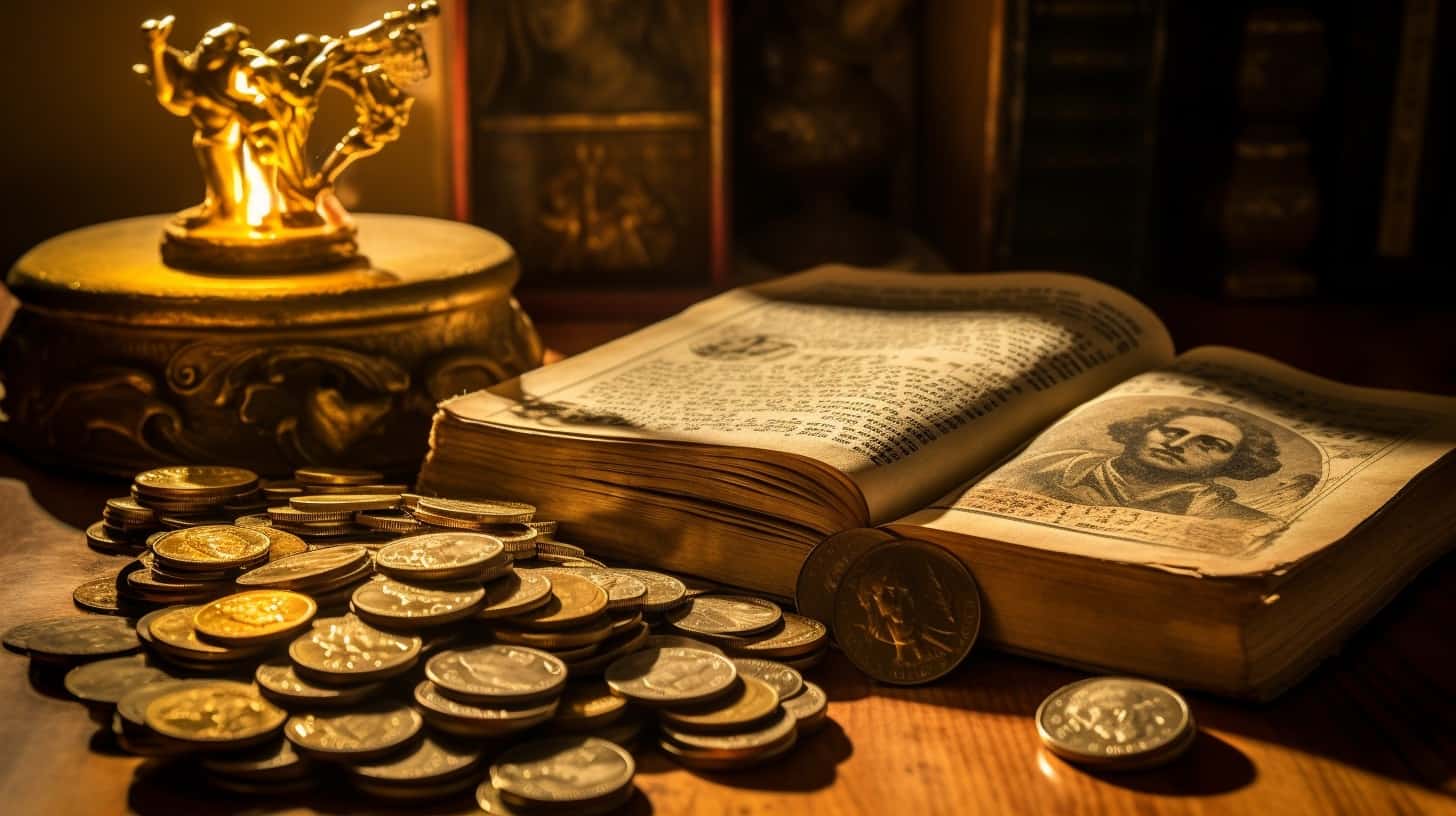Can you deposit $1 bills in an ATM? If you’re ever in a bind and need to deposit some spare $1 bills quickly, you may wonder if running to the nearest ATM is an option. While ATMs provide a convenient way to access your cash, their capabilities for deposits are limited.
If you need a quick answer: yes, you can deposit $1 bills in an ATM. However, not all ATMs accept cash deposits, and some may have limits on the number of bills or the amount of cash you can deposit at a time.
In this comprehensive guide, we’ll walk through everything you need to know about depositing $1 bills and other low denominations into an ATM.
ATM Deposit Limits
Minimum Deposit Amounts
When it comes to depositing money at an ATM, there are usually minimum deposit amounts set by the bank. These minimums can vary from bank to bank and even between different types of accounts. For example, some banks may require a minimum deposit of $20 for a checking account, while others may have a higher minimum for savings accounts.
It’s important to check with your specific bank to find out their minimum deposit requirements.
Restrictions on Dollar Bills
While ATMs are designed to handle various denominations of currency, there may be restrictions on the types of bills that can be deposited. Most ATMs can accept and process $1, $5, $10, $20, $50, and $100 bills.
However, it’s important to note that some ATMs may not accept $1 bills due to their small size and potential issues with processing. It’s always a good idea to check the specific ATM’s guidelines or contact your bank for information on which bills can be deposited.
Cassette Capacity Constraints
ATMs have a limited amount of space to store deposited cash, known as cassettes. These cassettes have a maximum capacity, and once they are full, the ATM cannot accept any more deposits until the cash is removed and the cassette is emptied.
The capacity of these cassettes can vary depending on the ATM model and the bank’s configuration. It’s important to keep in mind that if an ATM is nearing its cassette capacity, it may not accept certain denominations or may display a message indicating that it is unable to accept deposits at that time.
It’s always a good idea to check with your bank or the specific ATM you plan to use for any limitations or restrictions on depositing $1 bills. Additionally, it’s worth noting that some banks may offer alternative ways to deposit smaller denominations, such as through a teller or a mobile banking app.
Workarounds for Depositing $1 Bills
Bundle Small Bills Together
If you have a stack of $1 bills that you want to deposit in an ATM, bundling them together is a great workaround. By grouping them in sets of 10 or 20 bills, you can ensure that they stay organized and won’t get stuck or jammed in the machine.
Additionally, many ATMs have a limit on the number of bills that can be deposited in a single transaction, so bundling them together can help you stay within that limit.
Deposit in Person at a Bank Branch
If bundling your $1 bills isn’t an option or if you prefer not to use an ATM, another workaround is to visit a bank branch and deposit your bills in person. Most banks have tellers who can assist you with depositing cash, including small bills.
Simply bring your $1 bills to the bank, wait in line, and hand them over to the teller. They will count and deposit the bills into your account, providing you with a receipt for your records. This method allows you to ensure that your $1 bills are deposited securely and without any issues.
Use a Change Counter Machine
If you have a large number of $1 bills to deposit and want a more streamlined process, using a change counter machine can be a convenient option. These machines are often found in grocery stores, banks, or other retail locations.
Simply pour your $1 bills into the machine, and it will automatically count and sort them. Once the machine has counted your bills, you can choose to receive a receipt or deposit the amount directly into your bank account.
While some change counter machines may charge a small fee for this service, it can be a time-saving option if you have a significant number of $1 bills to deposit.
Remember, it’s always a good idea to check with your specific bank or financial institution to determine their policies and procedures regarding the deposit of $1 bills. Each bank may have its own rules, limits, or fees associated with cash deposits.
When ATM Deposits Make Sense
Deposit Other Denominations
While most ATMs only accept $20 bills, some newer models can take $1, $5, $10, and even $50 and $100 denominations. If you have a stash of lower denomination bills taking up space, depositing them at an ATM can be a convenient way to clear out your wallet and consolidate your cash into your bank account.
Just make sure to check the denomination options for your bank’s ATMs first.
Make Deposits During Bank Hours
ATM deposits made during bank operating hours will be credited to your account faster since the money can be processed right away. Deposits made after hours or on weekends will not be processed until the next business day.
So if you need funds to be available immediately, visit the ATM during regular bank hours.
Use Your Own Bank’s ATM
Sticking to your own bank’s ATM network helps ensure your deposit will be processed quickly with no extra fees. Out-of-network ATMs often charge a surcharge fee for use by non-customers. And while funds should still be deposited into your account, it may take an extra business day or two for the money to actually show up when using another bank’s machine.
For fastest processing and no extra fees, find an in-network ATM.
| ATM Location | Deposit Processing Time | Fees |
|---|---|---|
| Your bank’s ATM | Immediate (during bank hours) | No surcharge fees |
| Out-of-network ATM | 1-2 business days | Surcharge fees apply |
By being strategic about when you make your cash deposit and which ATM you use, you can ensure your $1 bills and other denominations get safely into your bank account with no extra wait or fees. This convenience makes ATM deposits a great option – as long as you deposit during bank operating hours and stick to your own bank’s ATM network.
Can You Deposit $1 Bills In An ATM – Conclusion
While most ATMs don’t accept loose $1 bills for deposit, you’re not entirely out of luck. With some planning and workarounds like bundling bills together or visiting a bank branch, you can still make a deposit with those spare singles.
Knowing the limitations of ATMs can prevent headaches and long wait times at a machine. But when used properly, ATMs remain one of the most convenient ways to manage your money on the go.






